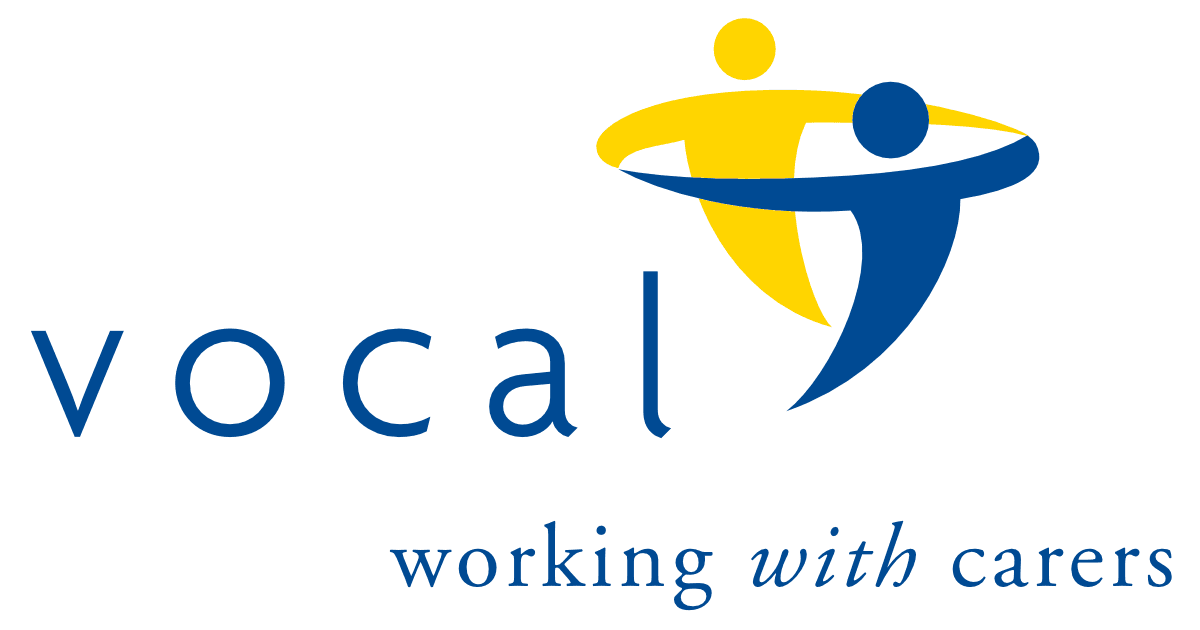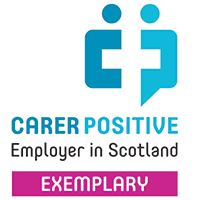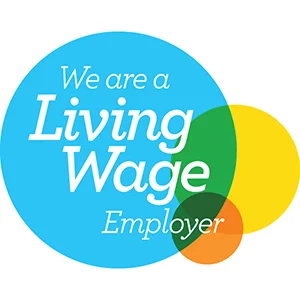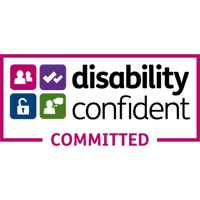This week, Carers UK published a report on the crisis caused by Carer’s Allowance and overpayments returns requested by the Department of Work and Pensions (DWP).
Carer’s Allowance is currently paid at a rate of £81.90 per week. In Scotland, you may receive more than this, due to the Carer’s Allowance Supplement – but the rules on overpayments are the same.
What is the issue?
If you earn below the threshold of £151 per week (and meet the other criteria listed below), you are eligible for Carer’s Allowance. However, because many carers have fluctuating levels of income (due to irregular hours of paid work, sometimes working overtime, etc.), it can be hard to keep track of exactly how much you earn each week.
When a carer’s earnings are irregular, the DWP decides how these should be averaged and if there is no pattern, the earnings are usually averaged over a five-week period.
If you earn even a few pence or £1 over the weekly threshold of £151, this is considered an overpayment, which means you must pay back all of the Carer’s Allowance you have received for that period.
What exactly is meant by providing 35 hours of care per week?
- The person you care for receives a qualifying benefit
- You earn £151 or less per week, after deductions (National Insurance, tax and expenses)
- You have lived in the UK for at least 2 of the last 3 years (not applicable to refugees)
- You are aged 16 or over
- You are not in full-time education. If you are studying a part-time course, it can be for a maximum of 21 hours per week
- You are not subject to immigration control
- You care for someone for at least 35 hours per week
What are the qualifying benefits that my cared-for person receives?
- Adult Disability Payment – daily living component at the standard or enhanced rate
- Personal Independence Payment – daily living component
- Disability Living Allowance – the middle or highest care rate
- Attendance Allowance
- Constant Attendance Allowance at or above the normal maximum rate with an Industrial Injuries Disablement Benefit
- Constant Attendance Allowance at the basic (full day) rate with a War Disablement Pension
- Armed Forces Independence Payment
- Child Disability Payment – the middle or highest care rate
What are the eligibility criteria for Carer’s Allowance?
- You earn £151 or less per week, after deductions (National Insurance, tax and expenses)
- You have lived in the UK for at least 2 of the last 3 years (not applicable to refugees)
- You are aged 16 or over
- You are not in full-time education. If you are studying a part-time course, it can be for a maximum of 21 hours per week
- You are not subject to immigration control
- You care for someone for at least 35 hours per week
- The person you care for receives a qualifying benefit
How do I avoid overpayments?
If there are any changes to your caring circumstances or income, you must inform the Carer’s Allowance Unit via the UK Government website. You can also call them on 0800 731 0297 (textphone: 0800 731 0317).
If you do not let the DWP know about these changes to your circumstances, and you keep receiving Carer’s Allowance when you are no longer entitled to it (even if unknowingly), this is classed as an overpayment. The DWP would then notify you that you need to pay it back.
Which changes do I need to tell the DWP about?
- The person you care for stops receiving a qualifying disability benefit
- Your income or employment has changed
- You start work, regardless of how much you will be earning
- You are taking a break from caring or travelling abroad
- The person you’re looking after is going into hospital or residential care
- The person you’re looking after has passed away
More information is available on the Carers UK website.
If you have any questions or concerns, please get in touch with us on: 0808 196 6666 (select option 2 when you call this number) or (Edinburgh) or (Midlothian) and a member of our benefits team can help you.











